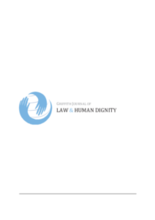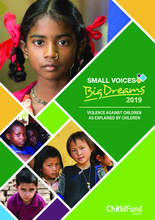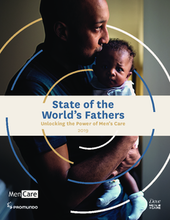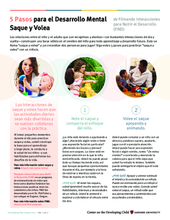Displaying 531 - 540 of 1343
This article by Kathryn E. van Doore and Rebecca Nhep, published in the Griffith Journal of Law & Human Dignity, describes how orphanage trafficking occurs as a process of child trafficking.
This chapter from the book Modern Day Slavery and Orphanage Tourism draws on the author's film The Voluntourist that has aided in raising the groundswell of objection to orphanage tourism.
This chapter from the book Modern Day Slavery and Orphanage Tourism responds to the question of how sending countries (of people, money and resources) contribute to the institutionalization of children in receiving countries.
This chapter from the book Modern Day Slavery and Orphanage Tourism highlights promising practice which aims to prevent and reduce the institutionalization of children at two levels: (1) systems and social work strengthening, and (2) family strengthening and gatekeeping.
This chapter from the book Modern Day Slavery and Orphanage Tourism aims to identify the motivations behind voluntourism, categorizing them into types so as to provide a foundation upon which we might better assess why it is that so many voluntourists seek to work with children, often in institutional environments.
In this article, the author deals with one of the most problematic issues of the migrant crisis, namely the deprivation of liberty of a unaccompanied migrant minor in his or her migrant journey.
This report presents the main conclusions from the 2019 Small Voices Big Dreams Technical Manual, which outlines in great detail the perceptions and opinions of children and adolescents from all over the world regarding the multiple dimensions of violence exercised against them.
State of the World’s Fathers, produced by Promundo, is a globally recognized, biennial report and advocacy platform aiming to change power structures, policies, and social norms around care work and to advance gender equality. The report examines the benefits of men's involvement in childcare, including benefits to the children themselves, and presents recommendations for achieving greater equity in care work among men and women.
Esta guía breve del Harvard Center on the Developing Child presenta 5 pasos para cuidadores practicar “saque y volea” con su niño/a.
This brief guide from the Harvard Center on the Developing Child outlines 5 steps for primary caregivers to practice serve and return with their child.






